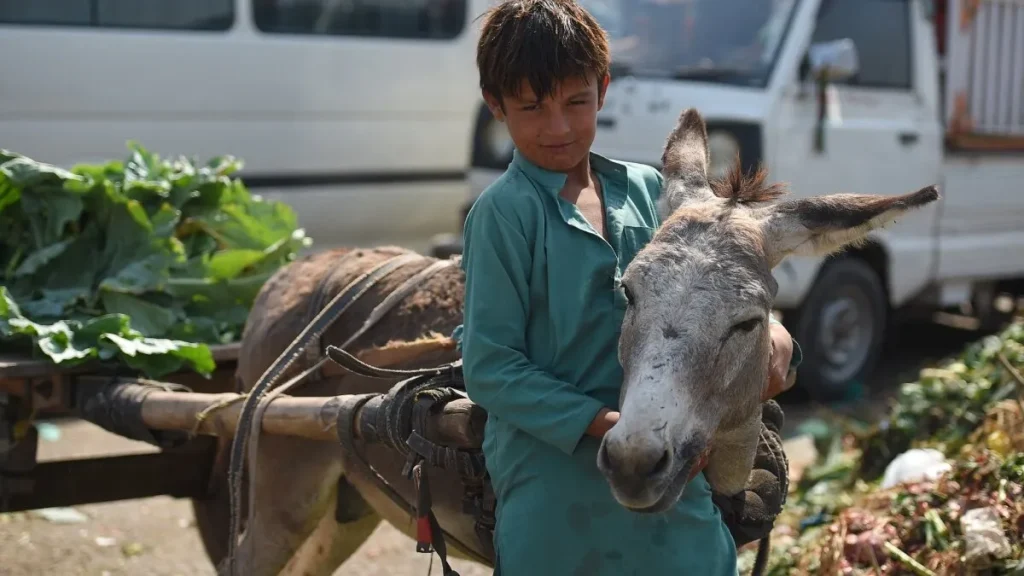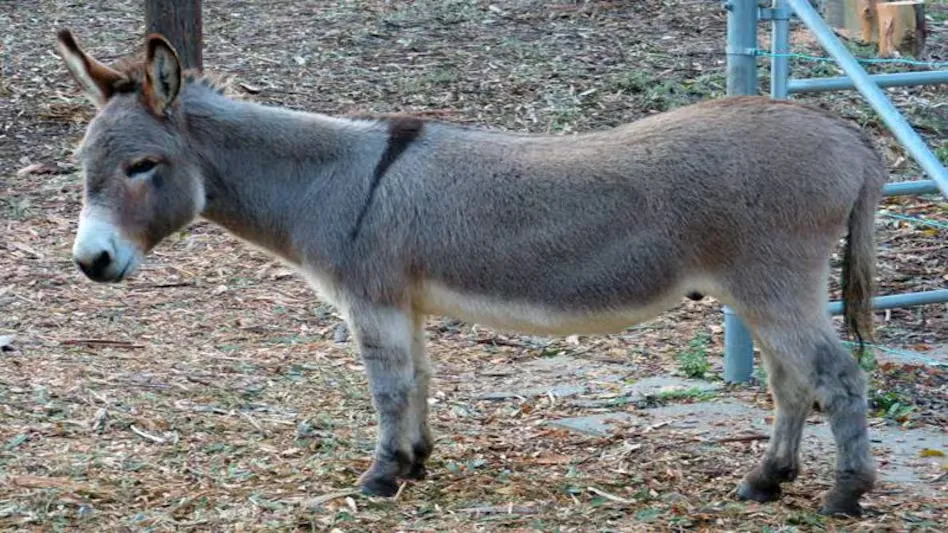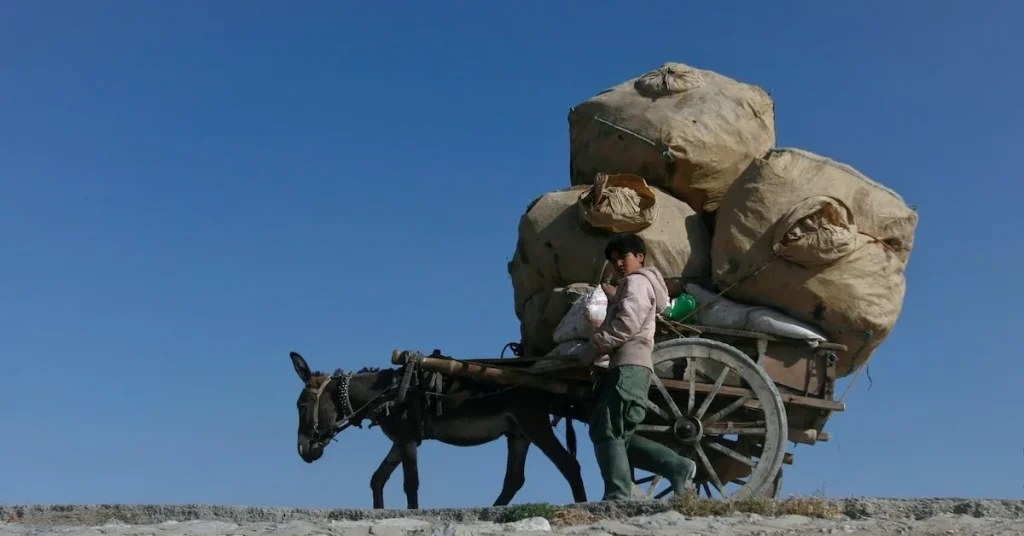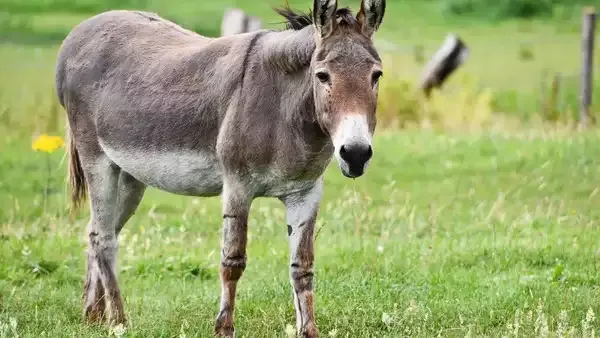As countries navigate increasing restrictions on resources and seek alliances to maintain economic stability, strategic partnerships have become crucial. Such partnerships enable nations to overcome resource limitations and enhance their economic resilience. A recent agreement between Pakistan and China highlights this, with Pakistan set to export meat and hides from 200,000 donkeys to China each year. This development is a notable milestone in the ongoing alliance between the two countries.

The Agreement Details
Dr. Ikram, an official from Pakistan’s Ministry of National Food Security and Research, confirmed the agreement with China during an interview with Independent Urdu. Under this arrangement, Pakistan will supply 216,000 donkey hides and meat annually. China is looking to further expand this partnership by proposing to build additional slaughterhouses near Karachi Port, specifically for the export trade. Currently, new slaughterhouses are being constructed in Gwadar to meet China’s growing demand.

Economic Boost for Pakistan
With an estimated 5.2 million donkeys, Pakistan holds the third-largest donkey population globally. This trade agreement is expected to bring a significant economic boost, which is much needed given Pakistan’s political and economic challenges since 2022. By capitalising on China’s high demand for donkey hides, especially for traditional medicines like ejiao, Pakistan stands to gain substantial revenue, potentially stabilising its economy amidst current hardships.
Why China’s Demand for Donkey Hides is Rising
China’s interest in importing donkey hides from Pakistan stems from the increasing demand for ejiao, a traditional Chinese medicine derived from donkey-hide gelatin. Ejiao is highly valued in Chinese medicine for its reported health benefits, including improved blood circulation, enhanced skin quality, and support for various health issues. However, due to the growing demand and unsustainable breeding practices, China’s donkey population has seen a sharp decline, pushing the nation to look outward to meet its needs.

Understanding Ejiao’s Importance in China
Ejiao is a hard gel made from collagen extracted from donkey skin. It’s commonly dissolved in hot water or alcohol and used in various food and beauty products. In Chinese medicine, ejiao is believed to help treat conditions like anaemia, low blood cell counts, and reproductive issues. Its popularity has led to a significant increase in demand for donkey skins in China, creating opportunities for suppliers like Pakistan.
Donkey Meat: A Popular Chinese Delicacy
In addition to ejiao, donkey meat is also a sought-after delicacy in China. In places like Baoding and Hejian in Hebei Province, donkey meat burgers known as lǘròu huǒshāo are popular street foods. This cultural preference adds to the demand for Pakistan’s export of donkey products.
Strategic Partnership Amid Economic Ties
China’s extensive support to Pakistan, including financial aid and loans, further solidifies their alliance. In 2022, China’s loans to Pakistan amounted to $26.6 billion, highlighting the depth of their economic ties. This trade agreement aligns with both nations’ interests, aiding Pakistan’s economic recovery while meeting China’s demand for donkey-derived products.

Beyond Donkey Products: China’s Imports from Pakistan
The partnership between Pakistan and China spans various industries. China also imports copper, cotton, ores, oil seeds, fish, apparel, cereals, and mineral fuels from Pakistan. These trade activities highlight a strategic and beneficial relationship that supports both economies and strengthens their alliance on multiple fronts.
Through this growing trade in donkey products, China and Pakistan continue to deepen their partnership, positioning each other as strategic allies with shared economic benefits.
